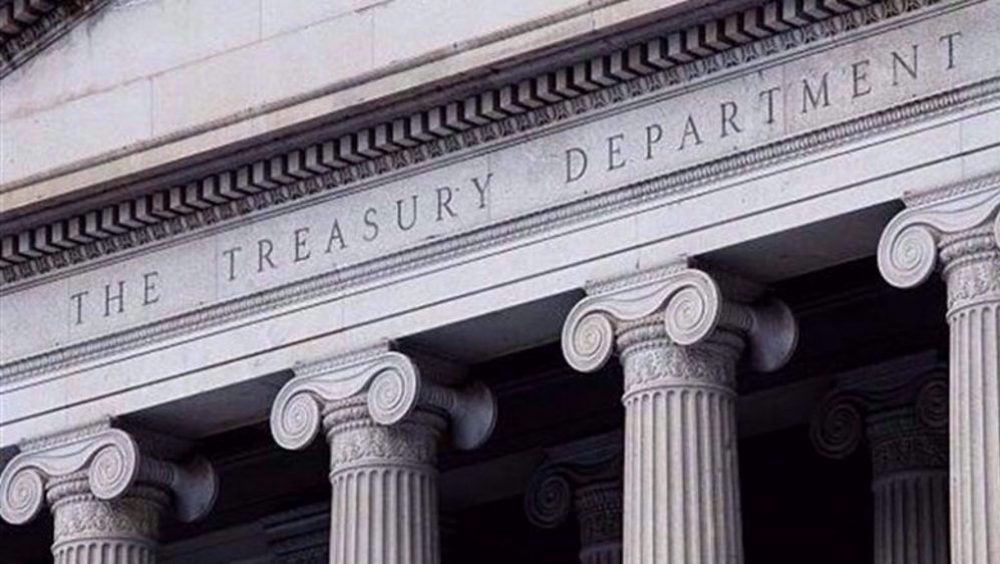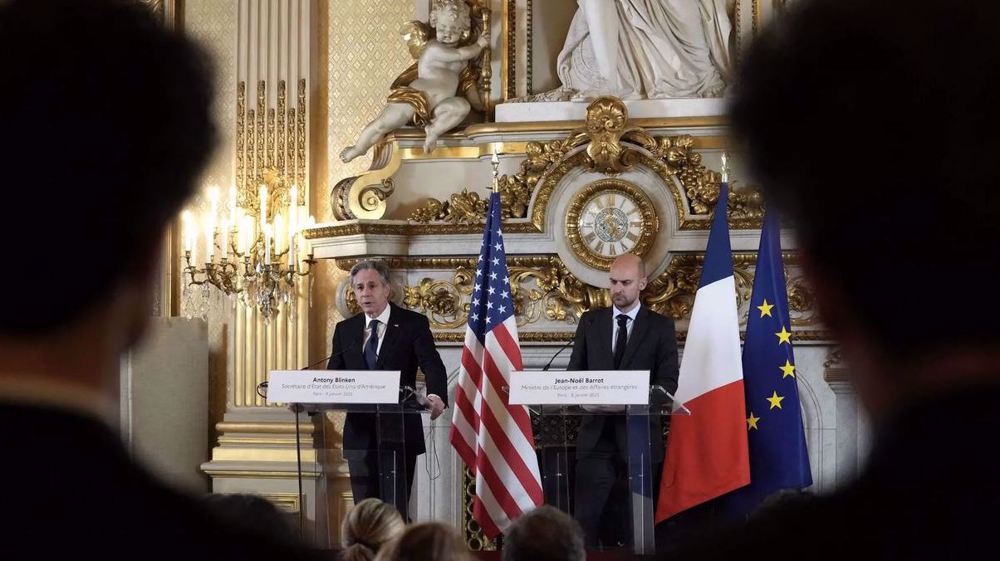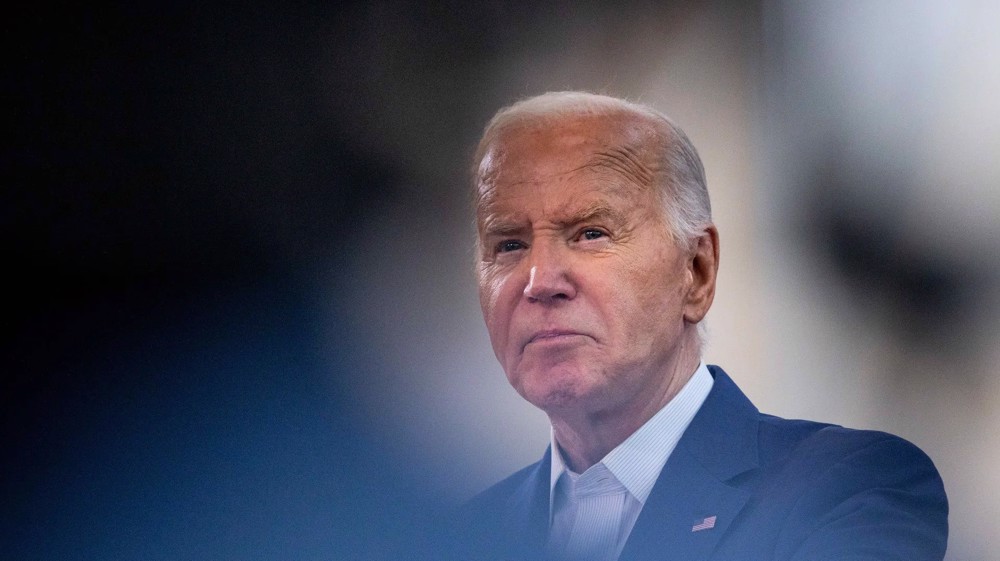Chinese hackers breach sanctions office of US Treasury: Report
Chinese “state-sponsored” hackers have targeted the US Treasury Department's sanctions office in a cyberattack disclosed early this week, The Washington Post reports.
Citing unnamed US officials, the paper reported that hackers compromised the Offices of Foreign Assets Control and Financial Research and targeted Treasury Secretary Janet Yellen's office.
According to the sources, the Chinese government is particularly interested in identifying the entities that the US may be planning to target with financial sanctions.
Earlier, the US Treasury Department informed lawmakers in a letter that purported Chinese state-sponsored hackers had breached its cybersecurity in December, allegedly stealing documents in what it described as a “major incident,” Reuters reported on Monday.
According to the letter, the hackers managed to compromise third-party cybersecurity service provider BeyondTrust and were able to access unclassified documents.
Hackers “gained access to a key used by the vendor to secure a cloud-based service used to remotely provide technical support for Treasury Departmental Offices (DO) end users. With access to the stolen key, the threat actor was able to override the service’s security, remotely access certain Treasury DO user workstations, and access certain unclassified documents maintained by those users,” Reuters further cited the letter as saying.
The Treasury’s letter further alleged that “based on available indicators, the incident has been attributed to a China state-sponsored Advanced Persistent Threat (APT) actor.”
The Treasury Department said that BeyondTrust had alerted it to the breach on December 8, and that it is currently collaborating with the US Cybersecurity and Infrastructure Security Agency (CISA) and the FBI to evaluate the hack’s impact.
When asked about the report, Liu Pengyu, spokesperson for the Chinese Embassy in Washington, slammed the US claim in a statement on Wednesday as “irrational” and said that it was “without any factual basis” and represented “smear attacks” against Beijing.
The statement further said that China “combats all forms of cyberattacks.” However, it did not directly address the Washington Post's reporting on specific targets.
Just a day after the content of the letter was revealed by Reuters, Mao Ning, a spokesperson for China's foreign ministry, stressed at a press conference that “China has always opposed all forms of hacker attacks.”
Furthermore, Liu, for his part, rejected any responsibility for the hack, stressing that Beijing “firmly opposes the US’s smear attacks against China without any factual basis.”
Washington has frequently imposed sanctions on Chinese companies, individuals, and entities, making it a central aspect of its foreign policy toward Beijing.
The US views China as its greatest foreign policy challenge. Last month, Yellen told Reuters that Washington might consider sanctions on Chinese banks as part of its efforts to curb Russia’s oil revenue and access to foreign resources for its war in Ukraine.
The rivalry between the US and China has intensified in recent years, with Beijing’s growing international clout and rapid economic progress emerging as a viable counter-weight to the US.
Press TV’s website can also be accessed at the following alternate addresses:







 This makes it easy to access the Press TV website
This makes it easy to access the Press TV website